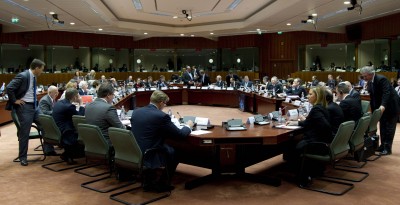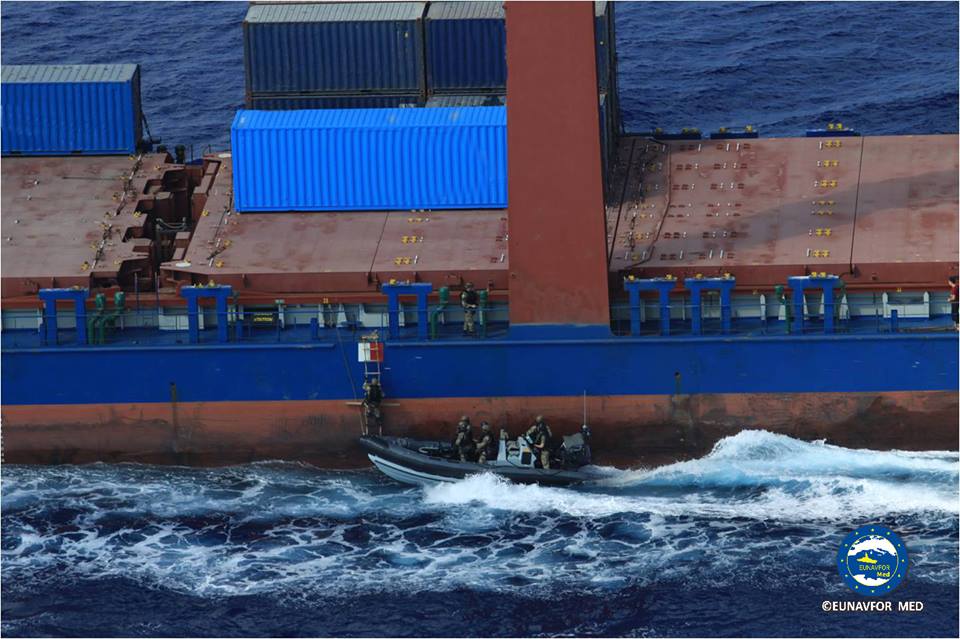At the lunch of the 27: how to better speak out for Europe?

(BRUSSELS2) How to better organize the EU's external response? How can relations between EU delegations and member state embassies on the ground be improved? What relations should the diplomatic service maintain with the European Commission and the Council Secretariat? What financial and staff resources are needed? ... Here are some of the questions that will serve as the main course for the traditional meal tray of the 27 Foreign Ministers, this Monday (23 May) at noon. A discussion fueled by several "non paper" from different delegations including Austria and Benelux. These countries believe that the Union's foreign policy remains between too timid. The exchange of information between the EU and the Member States is limited, contacts on the ground between the Member States' embassies and the EU delegation should be reinforced... In an undertone, they also criticize the functioning of the services of the High Representative, an illegible EEAS organization chart (where the competences are entangled), the repeated press releases where everyone in turn (Van Rompuy, Barroso, Ashton, the Member States) make more or less identical declarations, etc.
A realistic meeting schedule
The EU High Representative should also put her own ideas on the table to make the Foreign Affairs Council more efficient and functioning, says an EU diplomat. " It is necessary to define an agenda of the meetings which is realistic, not to add disproportionately points to the agenda, in order to be able to deal with the points in more depth. It is necessary that on each point, we focus on 2-3 questions to remember. We must avoid wanting to talk about everything and... nothing in the end, try to show discipline in the interventions, reduce the time of the interventions...». There is no question of limiting the time in an imperative way (not yet :-)), but a watch has already been put in place to make ministers aware, to "see the time that passes ". Another line of thought: defining "one day in the month which would be devoted to the Council of Ministers of Foreign Affairs (Nb: for example the 3rd Monday of the month), allowing each minister to organize himself in advance ”, the advice then starting in the morning at 9am and ending after lunch.
The issue of secure communications, an important detail
The arrival of the new service, and the rise of delegations to the rank of embassies, have also led to a whole series of questions that did not arise before, recognizes this interlocutor who is well versed in the files: “ How to develop joint analyses, take joint steps, how the EU can make a contribution to the work and to the good knowledge of countries which do not have diplomatic representation, how quite simply to exchange secure information.... It is a long process ". For example, " As we strengthen our delegations with political units, the question of secure communications networks arises. For now, of the 135 delegations, only 20 have secure networks. We must therefore boost the work to put in place technical means available to the delegations. " When we say that (the EEAS) will take time, indeed it will take time. »
The question of the budget: a delicate question
However, not all delegations are on the same wavelength. European Affairs Minister David Lidington has already warned that his country's position will remain firm. " The External Service should limit its representation of Member States in agreed areas. he stressed to the national parliament. The Minister intends to seize this opportunity to repeat " its opposition to the planned budget increase of 5,8% (27 million euros) for 2012 "believing that the service must first" produce a convincing savings plan to stay in line with budget neutrality ". Somehow, if you want new posts, delete some elsewhere.

